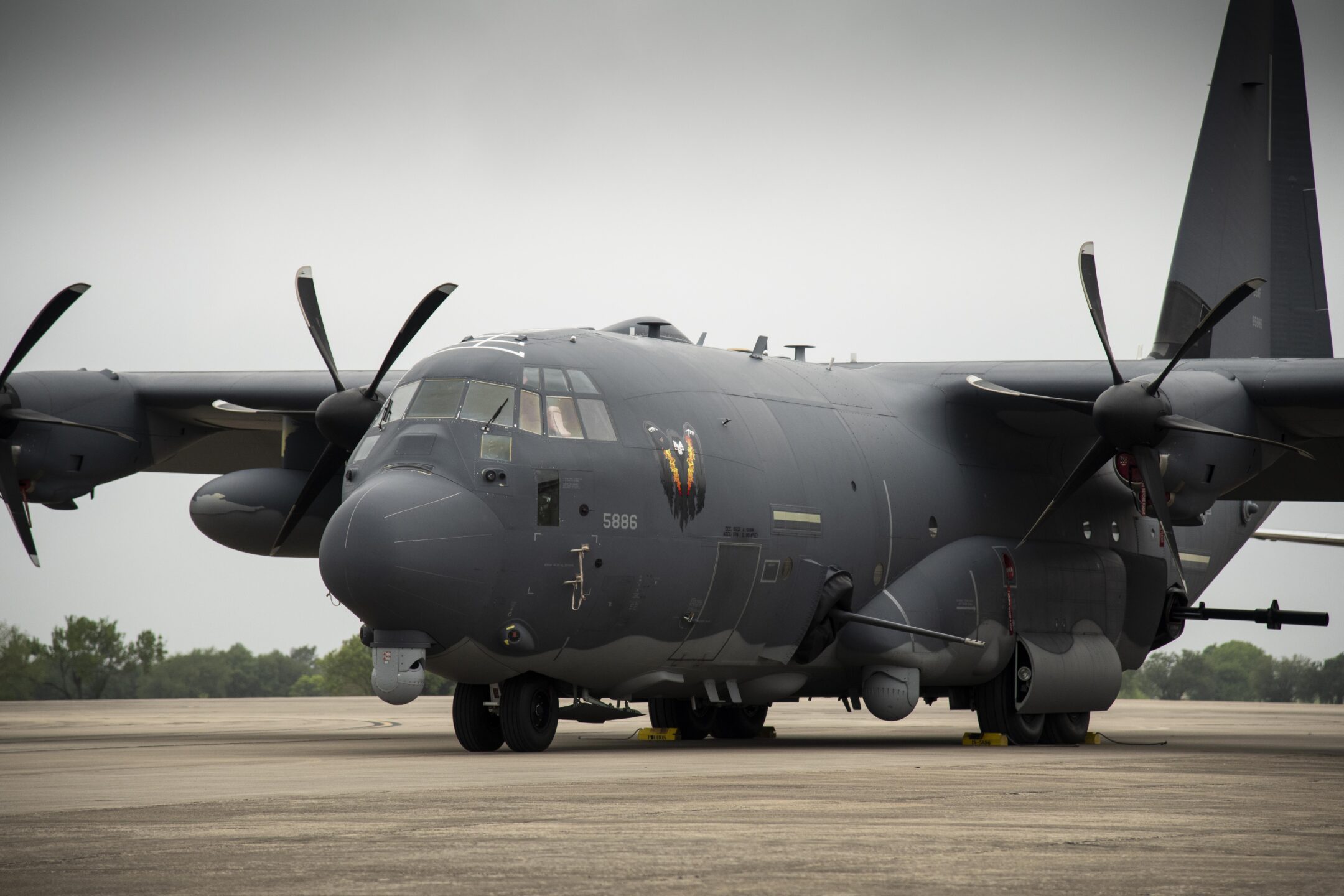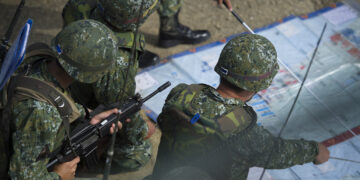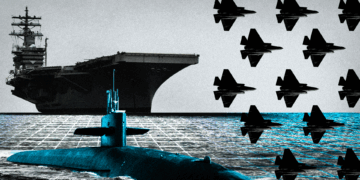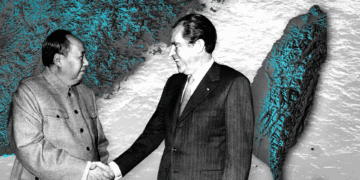May 2, 2024
Why China is wary of U.S. ‘ironclad’ alliance with the Philippines

On April 22, the 39th annual Exercise Balikatan, the “shoulder to shoulder” joint military drills between the U.S. military and the Armed Forces of the Philippines (AFP), began. This year’s Balikatan exercises are scheduled to run until May 10, and are planned to be the largest joint exercise between the United States and the Philippines thus far.
This year’s Balikatan is happening amid heightened tensions in the South China Sea, with the latest attack on a Filipino vessel happening less than a month before the joint exercises started. On April 30, as the drills were ongoing, Chinese vessels again fired water cannons at two Philippine patrol vessels, this time near Scarborough Shoal.
Even though Balikatan is almost a 40-year tradition, this year’s exercises are larger and more pronounced than past iterations, likely as a response to China’s aggressive behavior in the South China Sea. This year’s exercises will include a multilateral exercise with the U.S., Philippines, and French navy and will take place outside of the 12 nautical miles that mark the Philippines’ territorial waters but remain inside of the Philippines’ exclusive economic zone (EEZ).
More on Asia

Featuring Jennifer Kavanagh
October 4, 2025

Featuring Jennifer Kavanagh
September 29, 2025







